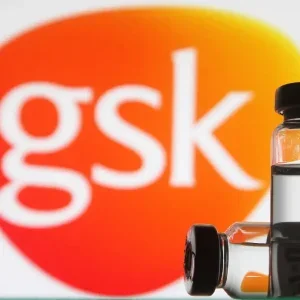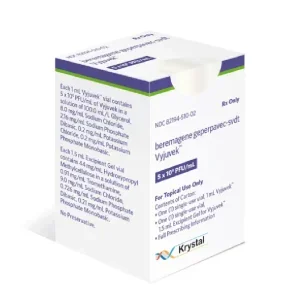A daily dose of 75-100 mg of aspirin could cut deaths from the major cancers of the digestive tract by as much as half, says research published in Annals of Oncology.
A team from Queen Mary University of London led by Professor Jack Cuzick found that taking the anti-inflammatory medicine could significantly reduce the risk of developing, and dying from bowel, stomach and oesophageal cancer.
It was discovered that taking the drug for at least five years between the ages of 50 and 65 could cut bowel cancer cases by more than a third and deaths by 40%. Rates of oesophageal and stomach cancers were cut by 30% and deaths from these by 35-50%.
No benefit was seen after the first three years, though and the study, which was part-funded by Cancer Research UK, also warned that long-term use increased the risk of bleeding (potentially fatal, in a "very small proportion" of people) from the digestive tract.
"While there are some serious side effects that can’t be ignored, taking aspirin daily looks to be the most important thing we can do to reduce cancer after stopping smoking and reducing obesity," said Cuzick.






